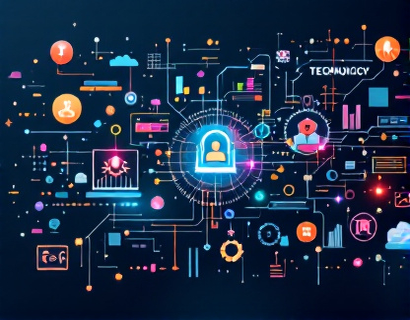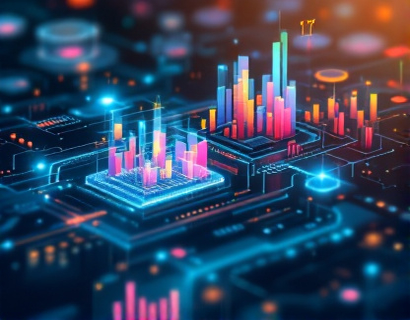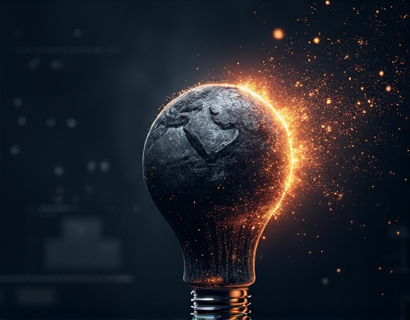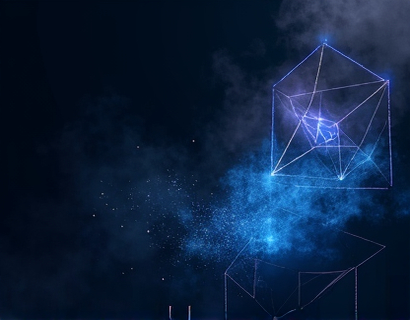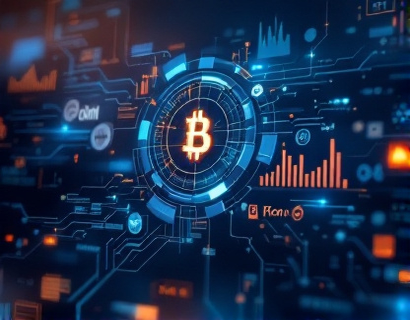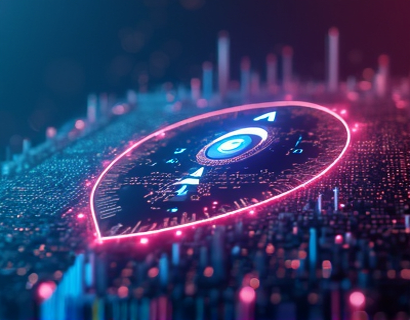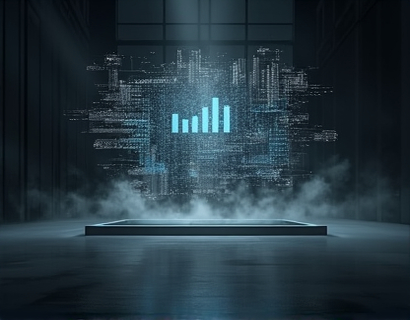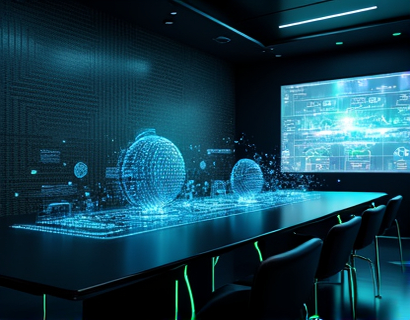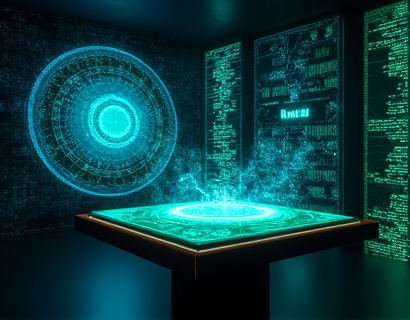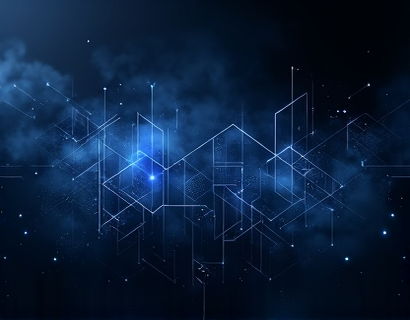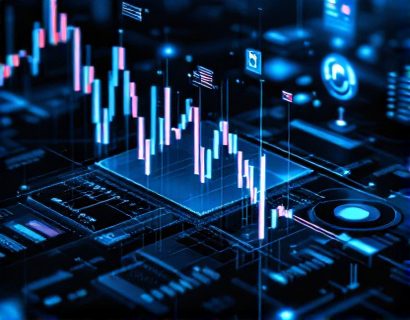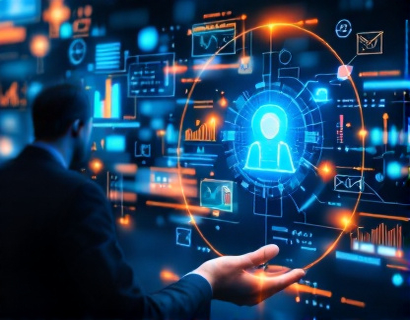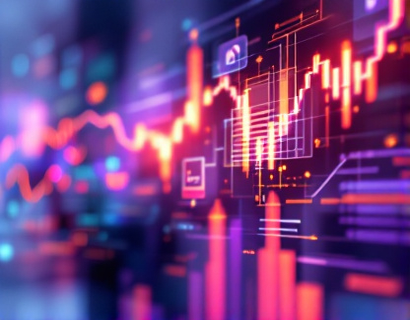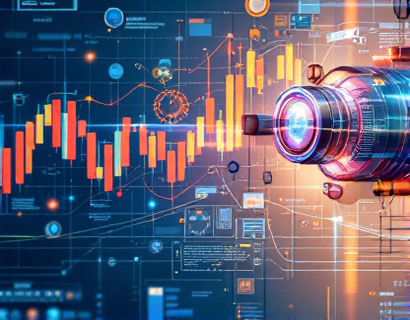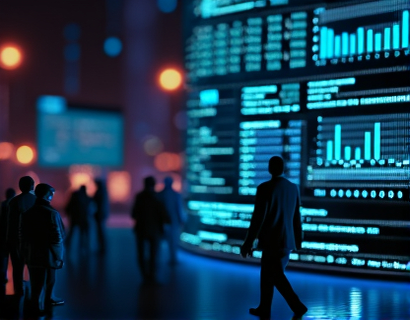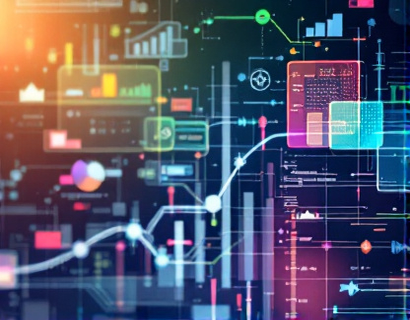Next-Gen Digital Transformation: Harnessing AI and Blockchain for Enhanced App Solutions
The digital landscape is undergoing a profound transformation, driven by the convergence of artificial intelligence (AI) and blockchain technology. This fusion is not just a trend but a fundamental shift in how we design, deploy, and interact with digital solutions. For tech enthusiasts and early adopters, understanding the potential of this synergy is crucial. This article explores how AI and blockchain are being leveraged to create seamless, efficient, and secure digital experiences that are redefining user interactions and enhancing connectivity in the online world.
The journey begins with a deeper look at AI, a technology that has evolved from a niche field to a cornerstone of modern digital innovation. AI encompasses a range of technologies, including machine learning, natural language processing, and computer vision. These technologies enable machines to perform tasks that traditionally required human intervention, from simple data analysis to complex decision-making processes. The integration of AI into app solutions has opened up new possibilities for personalization, automation, and intelligence, making digital services more intuitive and user-friendly.
One of the most significant impacts of AI in app development is the enhancement of user experience. AI-driven algorithms can analyze user behavior and preferences to deliver personalized content and recommendations. For instance, streaming platforms use AI to suggest shows and movies based on viewing history and ratings, creating a more engaging and tailored experience for users. In e-commerce, AI chatbots provide instant customer support, answering queries and guiding users through the purchasing process, thereby reducing friction and increasing conversion rates.
Moreover, AI is revolutionizing backend operations by automating routine tasks and optimizing resource allocation. Machine learning models can predict system loads and adjust resources dynamically, ensuring that applications run smoothly even during peak usage times. This not only improves performance but also reduces operational costs. For developers, AI tools can automate code generation, testing, and debugging, accelerating the development cycle and allowing teams to focus on more strategic aspects of app creation.
On the other side of the equation, blockchain technology is bringing a new level of transparency, security, and decentralization to digital solutions. Blockchain is often associated with cryptocurrencies like Bitcoin and Ethereum, but its applications extend far beyond digital currencies. At its core, blockchain is a distributed ledger technology that records transactions across multiple computers in a way that is secure, transparent, and tamper-proof.
The immutability of blockchain makes it an ideal solution for ensuring data integrity and trust in digital interactions. In the context of app solutions, blockchain can be used to create secure and transparent systems for identity verification, supply chain management, and digital asset trading. For example, in identity verification, blockchain can provide a decentralized and secure way to manage user identities, reducing the risk of fraud and enhancing privacy. In supply chain management, blockchain can track the movement of goods in real-time, ensuring authenticity and compliance with regulations.
When AI and blockchain are combined, the potential for innovation becomes even more profound. AI can leverage the secure and transparent data storage capabilities of blockchain to enhance its performance and reliability. Blockchain can provide a trustless environment where AI models and data can be shared and verified without the need for intermediaries. This synergy can lead to the development of more robust and trustworthy digital applications.
One area where AI and blockchain are making significant strides is in the realm of decentralized applications (dApps). dApps are built on blockchain networks and utilize smart contracts to automate and enforce the rules of the application. AI can be integrated into dApps to provide intelligent decision-making capabilities, enhancing the functionality and user experience. For instance, a decentralized finance (DeFi) platform can use AI to analyze market trends and automatically execute trades, while ensuring that all transactions are recorded on the blockchain for transparency and security.
Another promising application is in the field of digital identity. By combining AI and blockchain, it is possible to create self-sovereign identity systems where individuals have control over their personal data. AI can help in verifying identities through biometric data and behavioral patterns, while blockchain ensures that this data is stored securely and can be shared selectively. This approach not only enhances privacy but also empowers users by giving them ownership of their digital identities.
The integration of AI and blockchain also has significant implications for the Internet of Things (IoT). IoT devices generate vast amounts of data that need to be processed and analyzed in real-time. AI can handle this data processing, extracting meaningful insights and enabling predictive maintenance and optimized resource usage. Blockchain can secure the communication between IoT devices and ensure that data transactions are transparent and tamper-proof. This combination can lead to more reliable and secure IoT ecosystems, from smart homes to industrial automation.
Furthermore, the convergence of AI and blockchain is driving advancements in the healthcare sector. AI can analyze medical data to assist in diagnosis and treatment planning, while blockchain can secure patient records and ensure compliance with data protection regulations. Smart contracts on the blockchain can automate the sharing of medical records between healthcare providers, improving coordination and patient care. AI-driven analytics can also help in identifying patterns and predicting outbreaks, enabling proactive public health measures.
In the realm of cybersecurity, AI and blockchain offer a powerful defense against increasingly sophisticated threats. AI can detect and respond to anomalies in real-time, identifying potential security breaches before they occur. Blockchain's immutable ledger can provide a secure and transparent record of security events, making it easier to trace and mitigate threats. This dual approach can significantly enhance the security posture of digital applications and protect sensitive data.
As the adoption of AI and blockchain continues to grow, it is essential for developers and organizations to embrace these technologies to stay competitive. The development of AI and blockchain-powered app solutions requires a multidisciplinary approach, combining expertise in software development, data science, and blockchain technology. Frameworks and tools are emerging to simplify the integration of these technologies, making it more accessible to a broader range of developers.
For instance, blockchain development platforms like Ethereum and Hyperledger provide robust frameworks for building smart contracts and decentralized applications. AI development platforms such as TensorFlow and PyTorch offer powerful tools for building and deploying machine learning models. The integration of these platforms with blockchain can streamline the development process, enabling the creation of sophisticated dApps that leverage the strengths of both AI and blockchain.
Looking ahead, the future of digital transformation is bright, with AI and blockchain at the forefront. As these technologies mature, we can expect to see even more innovative applications across various industries. From finance and healthcare to retail and governance, the potential for AI and blockchain to drive positive change is immense. For tech enthusiasts and early adopters, staying informed and experimenting with these technologies will be key to unlocking new possibilities and shaping the digital future.
In conclusion, the fusion of AI and blockchain is not just a technological advancement but a paradigm shift in how we approach digital solutions. By harnessing the power of AI for intelligence and automation, and blockchain for security and transparency, we can create app solutions that are not only more efficient and secure but also more empowering for users. As we continue to explore and innovate in this space, the possibilities for enhancing connectivity and user experiences in the digital world are limitless.




